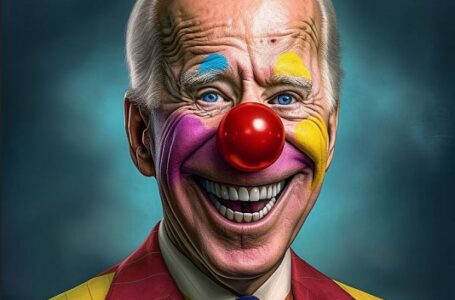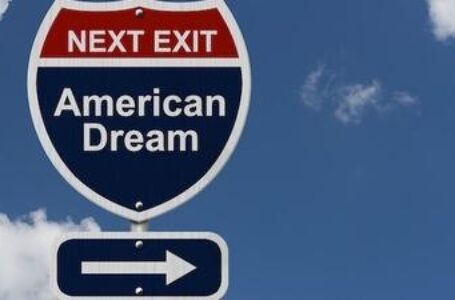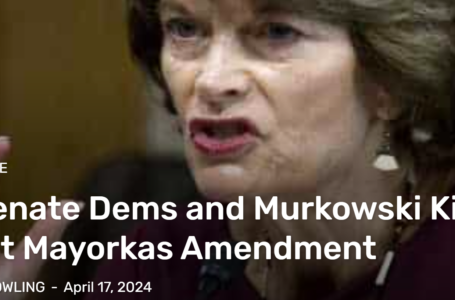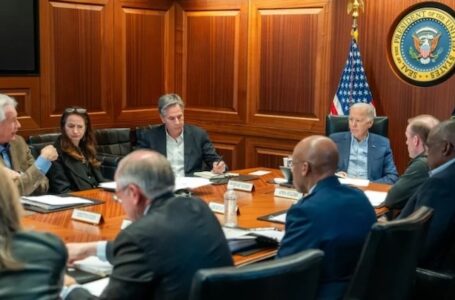Biden’s National Labor Relations Board Proposed Rule Would Re-Impose Onerous Restrictions on Workers
Biden’s National Labor Relations Board (NLRB) is attempting to re-impose onerous restrictions on workers by overturning the Election Protection Rule.
The Election Protection Rule is a 2020 provision that helps protect rank-and-file workers’ statutory right to hold votes to remove unwanted union officials.
According to NLRB, at the time the provision was passed, “The Board believes that these amendments better protect employees’ statutory right of free choice on questions concerning representation. The amendments, proposed by the Board on August 12, 2019 and as modified in the final rule, include:”
Blocking Charge Policy: The amendment replaces the current blocking charge policy with either a vote-and-count or a vote-and-impound procedure. Elections would no longer be blocked by pending unfair labor practice charges, but the ballots would be either counted or impounded—depending on the nature of the charges—until the charges are resolved. Regardless of the nature of the charge, the certification of results (including, where appropriate, a certification of representative) shall not issue until there is a final disposition of the charge and its effect, if any, on the election petition.Voluntary Recognition Bar: The amendment returns to the rule of Dana Corp., 351 NLRB 434 (2007). For voluntary recognition under Section 9(a) of the Act to bar a subsequent representation petition—and for a post-recognition collective-bargaining agreement to have contract-bar effect—unit employees must receive notice that voluntary recognition has been granted and are given a 45-day open period within which to file an election petition. The amendment applies to a voluntary recognition on or after the effective date of the rule.Section 9(a) Recognition in the Construction Industry: The amendment states that in the construction industry, where bargaining relationships established under Section 8(f) cannot bar petitions for a Board election, proof of a Section 9(a) relationship will require positive evidence of majority employee support and cannot be based on contract language alone, overruling Staunton Fuel, 335 NLRB 717 (2001). The amendment applies to anemployer’s voluntary recognition extended on or after the effective date of the rule, and to any collective-bargaining agreement entered into on or after the effective date of voluntary recognition extended on or after the effective date of the rule.
But in November, Biden’s NLRB announced it was initiating rulemaking to rescind the rule.
The National Right to Work Foundation responded to the proposed change:
The Foundation’s comments explain that, if the Election Protection Rule is tossed, union officials will again be able to exploit often-unproven allegations of employer behavior to cancel employee-requested union decertification votes. Prior to the 2020 reforms, union officials could often stall a decertification vote for months or even years by filing so-called “blocking
Source: The Gateway Pundit















